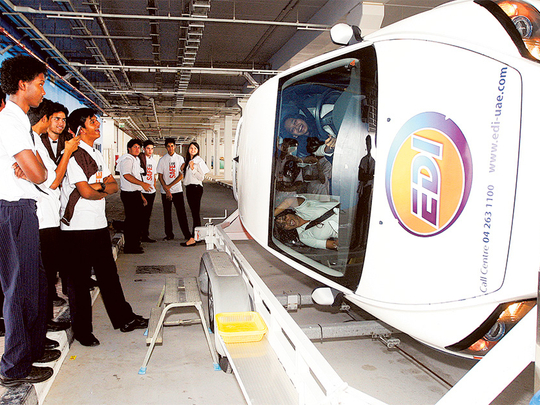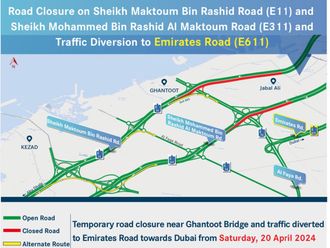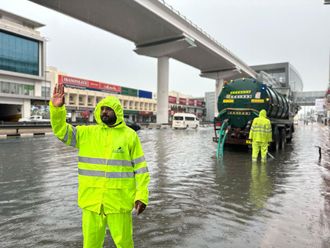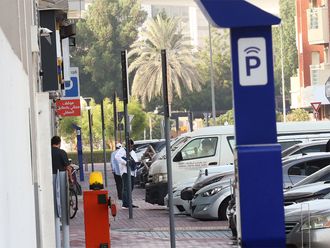
Dubai: Young drivers across the world are more prone to cause accidents compared to their more experienced counterparts, and the story is not very different in Dubai as statistics reveal that more than one-fifth of accidents in the city involved young people in the 18-25 age group.
Statistics provided by Dubai Police show that young drivers were involved in 334 road accidents in Dubai, which correspond to 21.77 per cent of the total accidents recorded last year.
These accidents caused 38 deaths and 33 serious injuries.
According to a leading road safety expert, young and novice drivers are more likely to be involved in road accidents than more experienced drivers.
“They are more likely to be involved in accidents at high speed, in the dark, when overtaking and when negotiating bends. They are also more likely than experienced drivers to be at fault for collisions,” said Allan Timms, a senior road safety expert at the Royal Society for Prevention of Accidents (RoSPA) in the UK, who is in town for a three-day road safety campaign targeting wannabe drivers.
The campaign is part of the annual awareness drive, organised by Tristar Logistics in association with the Roads and Transport Authority and RoSPA, targeting more than 500 students from three schools.
Timms addressed a group of students in the 16-18 age group from Gems Wellington Academy on Monday, who are aspiring to acquire a driving licence as soon as they are eligible.
“These students are mostly 17 and 18 years old and most of them want to drive soon so it is important to educate them about their safety on the road as well as that of others. Creating awareness becomes more important because the accident data shows young drivers are prone to taking risks and getting involved in accidents,” said Timms, who is also an expert driver trainer and examiner.
Highlighting the reasons why young drivers are among the most vulnerable on the roads, he said: “Lack of experience is one of the main reasons, but attitude can also come into play. Younger drivers, especially men, tend to be overconfident and are more likely to drive in risky ways such as too fast, too close to the vehicle in front and overtaking dangerously.”
Peer pressure also plays a big role, with young drivers, especially men, who are with friends being more likely to crash, in an attempt to show off.
However, he added, “young drivers often have excellent vehicle control skills and fast reactions. But they are poor at identifying potential hazards and assessing risk, and tend to overestimate their ability to avoid hazards and accidents. It can take new drivers up to two seconds longer to react to hazardous situations than more experienced drivers.”
Suggesting the measures required to improve driving habits among young drivers, he said: “Driver training has be made more realistic and it should take into consideration all the conditions a driver will face on the road. All types of roads should be used for training as well as greater policing is required.”
According to figures by the World Health Organisation (WHO), about 1.24 million people die every year in road crashes, with accidents now becoming the leading cause of death among young people.
In Dubai, accidents are believed to be the second biggest killer after heart diseases, with one death every 48 hours due to accidents while injuries are reported every four hours.
Accidents also cause a serious dent to the economy, with Dubai losing Dh1.8 billion annually due to road crashes and related factors.












